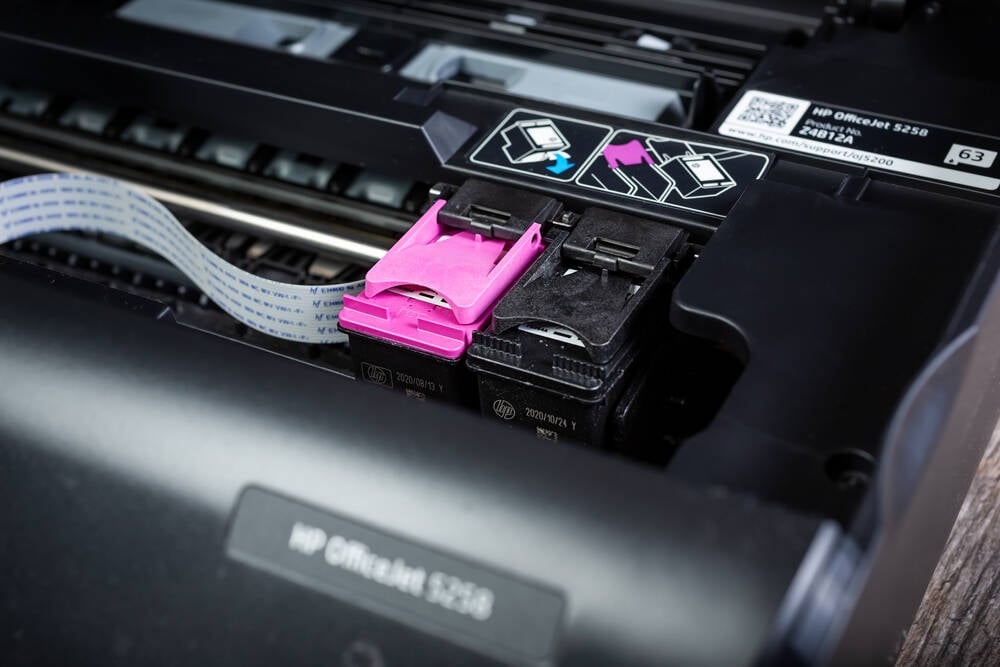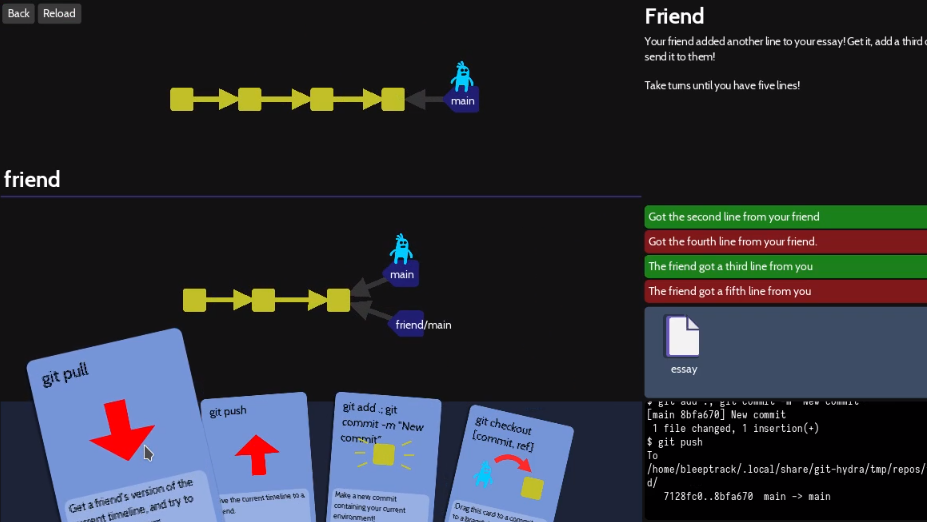HP “sought to take advantage of customers’ sunk costs,” printer owners claimed this week in a class action lawsuit against the hardware giant.
Lawyers representing the aggrieved were responding [PDF] in an Illinois court to an earlier HP Inc motion to dismiss a January lawsuit. Among other things, the plaintiffs’ filing stated that the printer buyers “never entered into any contractual agreement to buy only HP-branded ink prior to receiving the firmware updates.” They allege HP broke several anti-competitive statutes, which they claim:
bar tying schemes, and certain uses of software to accomplish that without permission, that would monopolize an aftermarket for replacement ink cartridges, when these results are achieved in a way that “take[s] advantage of customers’ sunk costs.”
In the case, which began in January, the plaintiffs are arguing that HP issued a firmware update between late 2022 and early 2023 that they allege disabled their printers if they installed a replacement cartridge that was not HP-branded. They are asking for damages that include the cost of now-useless third-party cartridges and an injunction to disable the part of the firmware updates that prevent the use of third-party ink.
In a March filing [PDF], HP claimed it went “to great lengths” to let customers know its printers are intended to work only with cartridges with an HP “security chip.” While the plaintiffs say it uses software updates to block consumers from using cheaper rival cartridges in HP printers, the hardware giant characterizes this as “dynamic security” measures “to prevent the use of third-party printer cartridges that copy HP’s security chips (i.e. cloned or counterfeit cartridges).”
“HP does not block cartridges that reuse HP security chips, and there are many such options available for sale. Nor does HP conceal its use of dynamic security,” the company said.
- HP CEO pay for 2023 = 270,315 printer cartridges
- HP Inc to lay off up to 6,000 staff, cut costs by $1.4 billion
It added that the printer owners can’t claim damages for being overcharged under federal antitrust laws because consumers who buy products from an intermediary can sue the manufacturer for injunctive relief under those laws, but they can’t sue the manufacturer to recover damages resulting from an alleged overcharge.
“None of the named plaintiffs allege that they purchased printer ink directly from HP after receiving a dynamic security firmware update,” HP said.
And why should they?
It also said Robinson and co. hadn’t “plausibly alleged” that HP “acted without authorization” or “exceeded authorized access” when the software tweaks came through.
HP CEO Enrique Lores has made no secret of the fact that it hopes to pull customers into a print subscription business model.
Lores said in an interview earlier this year that if a “customer doesn’t print enough or doesn’t use our supplies, it’s a bad investment.” However, in fairness, when it comes to ink cartridges, HP is far from alone in charging steep prices, with some estimates placing printer ink prices at $439-$2,380 per liter. Some printer makers make a loss on retailing the devices.
We’ve asked HP for comment. The case continues.
Source: We never agreed to only buy HP ink, say printer owners • The Register




